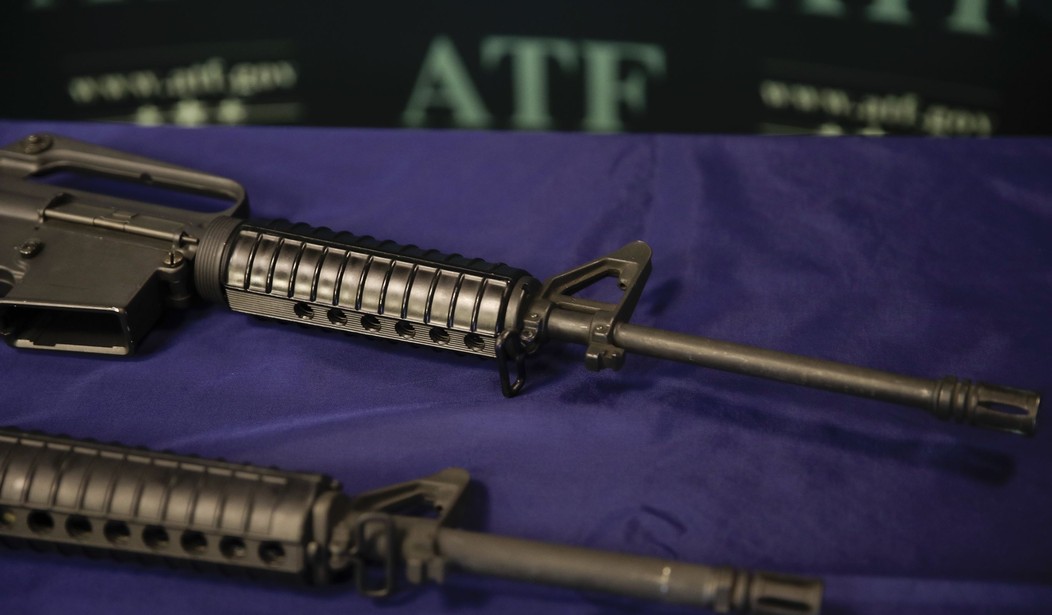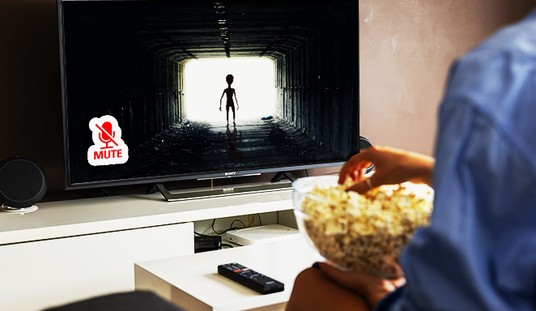The United States Supreme Court on Tuesday heard arguments in a case that will determine the future of federal regulations on so-called “ghost guns.”
Garland v. VanDerStok centers on whether the Bureau of Alcohol, Tobacco, Firearms and Explosives (ATF) overstepped its authority when it imposed new rules requiring those who manufacture kits that can be assembled into firearms to include serial numbers and conduct background checks on buyers.
The justices had a series of questions for attorneys on both sides of the issue and reports suggest that the court could be leaning toward upholding federal rules on ghost guns.
Chief Justice John Roberts expressed skepticism toward the argument that ghost gun kits were merely tools for hobbyists. “Drilling a hole or two, I would think, doesn’t give the same sort of reward that you get from working on your car on the weekends,” he said, according to Fox News.
Roberts’ comment seemed to suggest he might align with the Biden-Harris administration’s position that the kits should be treated as firearms under federal law. This could be critical as the current court has been more friendly to gun rights than previous iterations.
U.S. Solicitor General Elizabeth Prelogar argued in favor of the Biden administration, highlighting that ghost guns can be purchased online without a background check.
“We’re facing a public safety crisis,” Prelogar told the justices, arguing that ghost guns have contributed to an "explosion" of crime, with over 19,000 recovered by law enforcement in 2021 alone.
Justice Samuel Alito challenged the administration’s position, CNN reported.
Alito led the questioning against the government, signaling skepticism over the idea that a collection of unassembled parts can be considered a gun.
“Here’s a blank pad and here’s a pen, all right? Is this a grocery list?” Alito asked holding up a pad in the courtroom. “If I show you – I put out on a counter some eggs, some chopped up ham, some chopped up pepper and onions, is that a western omelet?”
Prelogar [argued] that a pen and pad could be used for any number of things – not just a grocery list – and the ingredients could be used to make other dishes. The difference here, she said, is that the ghost guns are marketed to be built into guns and serve no other conceivable purpose.
Barrett jumped in to challenge Alito’s hypothetical.
“Would your answer change if you ordered it from HelloFresh and you got a kit and it was like turkey chili, but all of the ingredients are in the kit?” she said, referring to the food kit delivery service and describing a context that looks more like how gun kits are sold.
Prelogar concurred, arguing that “If you bought from Trader Joe’s some omelet-making kit that had all of the ingredients to make the omelet,” people “would recognize that for what it is.”
Peter Patterson, an attorney representing the manufacturers challenging the regulation, argued that only Congress should possess the authority to pass legislation addressing ghost guns. He pointed out that many manufacturers would go out of business if the rules were allowed to remain in place, according to Fox News.
Justice Ketanji Brown Jackson questioned whether the court should even be involved in addressing the policy in the first place, saying she was concerned about the court “taking over what Congress may have intended for the agency to do in this situation.”
"I think it can't be assumed that the agency exceeds its authority whenever it interprets a statutory term differently than we would such that all we have to do as a part of this claim here today is just decide what we think a firearm is."
Justice Brett Kavanaugh expressed concerns that the regulation would criminalize ghost gun sellers who might not be aware that they are violating a law, CNN reported.
“This is an agency regulation that broadens a criminal statute beyond what it had been before,” Kavanaugh asked. “What about the seller, for example, who is truly not aware — truly not aware — that they are violating the law and gets criminally charged?”
Prelogar said prosecutors would have to prove that the seller was willfully violating the law. Kavanaugh described Prelogar’s answer as “helpful.”
The court’s ruling in the case is expected by next summer.














Join the conversation as a VIP Member